Analytical brainpower
Read how several of our alumni apply their engineering and analytical thinking skills to careers in consulting all over the world

Once seen as the domain of people with accounting, finance, economics and general business degrees, consulting is a career that has morphed to increasingly seek those whose fields of study focus on engineering, chemistry and computer science as companies become more sophisticated in their use of data and technology.
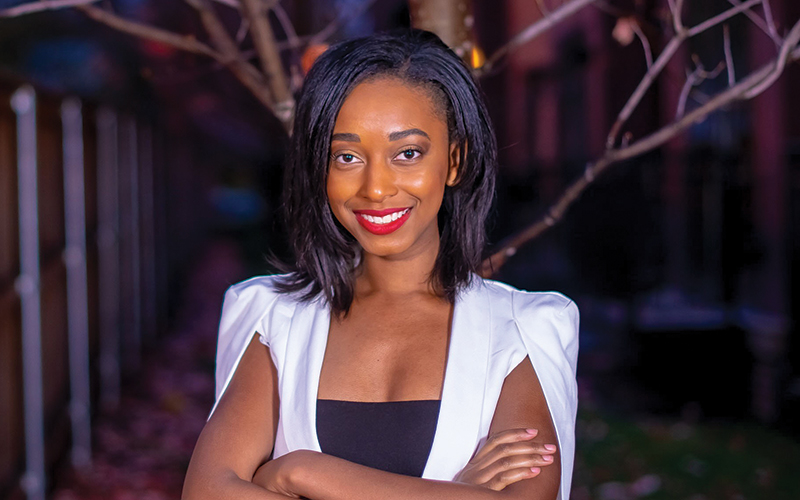
Title: Consulting Senior Analyst
Employer: Accenture
Based in: Minneapolis-St. Paul
The fundamental skill set of engineers — logical thinking, applying science and using numbers to solve problems — are in high demand across broad business sectors. As a result, students and graduates of the McKelvey School of Engineering are being heavily recruited by international consulting firms.
Natasha Curtis, a recruiting associate for Bain & Co., said being able to connect on a personal level is vital. "Generally speaking, Bain hires across majors and looks for well-rounded candidates that have the analytical horsepower to do the job, are able to interact with clients on a personable and professional level, are humble, have grit and are hungry to learn," she said.
Hands-on experience
Ramona Durham, who earned a degree in biomedical engineering from the McKelvey School of Engineering in 2017, said a WashU lab internship and her extracurricular activities helped steer her career toward consulting.
Frick said that in the consulting business, the ability to break down an ambiguous problem is a big thing, and having more ways of thinking in your toolkit, especially the way engineers approach problems, is extremely valuable.
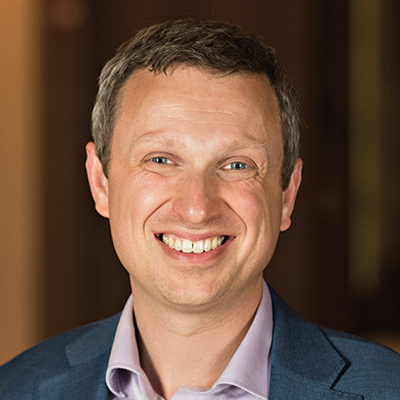
Title: Partner
Employer: Bain & Co.
Based in: London
"I was doing research in a traumatic brain injury lab, and it was a great experience, but I determined that I didn't want to do research long-term," said Durham, who is a consulting senior analyst at Accenture in the Minneapolis-St. Paul area. "Another lady in the lab was getting her PhD and ended up working for Accenture. From there I met others who were engineers and were working in consulting, so that's when I first saw that it was possible."
It was WashU's extensive networking opportunities that allowed her to get to know how people were applying their educations to careers in engineering as well as outside engineering, she said.
"Working as a consultant, you realize that they love the way that (engineers) think and how you analyze things," Durham said.
Jonathan Frick, a partner at Bain & Co., graduated from the McKelvey School of Engineering in 2003 with a degree in computer science. He also has a degree in economics from WashU and an MBA from Stanford.
"During my summers at WashU, I worked as an intern as a software engineer at tech companies. What struck me was, it seemed the businesspeople were the ones making the interesting and momentous decisions that had all the impact on what the engineers did. So, that's the main reason I decided to switch over to consulting," Frick said. "I thought consulting would be an interesting way to get exposure to the business side of things."
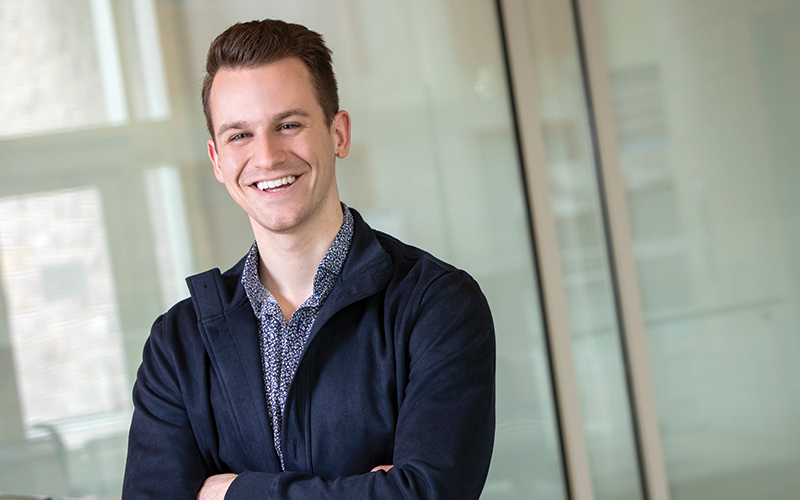
Title: Engagement Manager
Employer: McKinsey & Co.
Based in: Chicago
The big picture
After David Brablec completed an engineering internship at Boeing, it was the opportunity to work on a variety of projects, industries and innovative technologies that drew him to consulting. Brablec, who graduated from WashU in 2016 with bachelor's degrees in mechanical engineering and economics, is an engagement manager with McKinsey & Co. in Chicago. Among the projects he's working on include city future mobility, autonomous vehicles and aerial mobility.
"These are projects on society's largest technology disruptions, and I can serve decision-makers in the industry more than I could have as a line engineer," Brablec said.
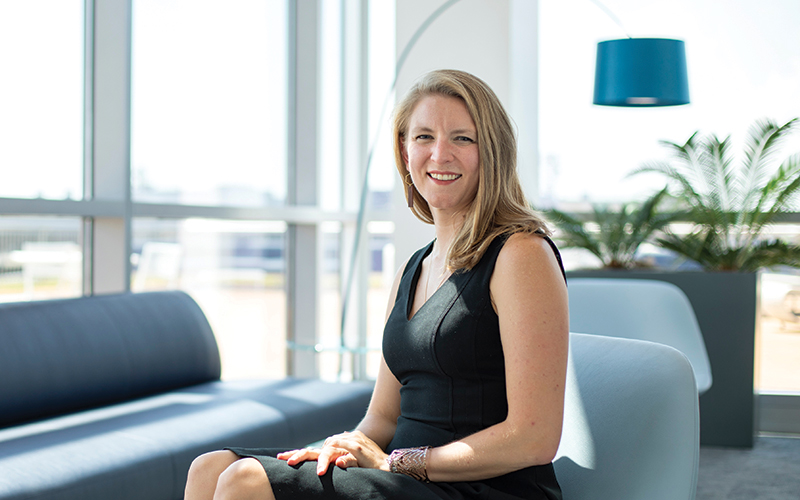
Title: Associate
Employer: McKinsey & Co.
Based in: Washington, D.C.
Lauren Krone comes from a family of engineers. She is a 2012 WashU graduate with a degree in chemical engineering. She spent three years using her degree at Dow Chemical before moving to her current job as an associate at McKinsey in Washington, D.C.
"I always loved math and chemistry and chemical engineering, and my degree was the perfect way to marry those interests," Krone said.
But it was the ability to do something bigger that caused her to move to consulting.
"Something that I thought WashU did a good job of was that they took engineering and said, 'So, how do we use that to not just make a company do better but how do you clean a river or create green energy using engineering?' That was a perspective that not many universities do, or at least did at that time."
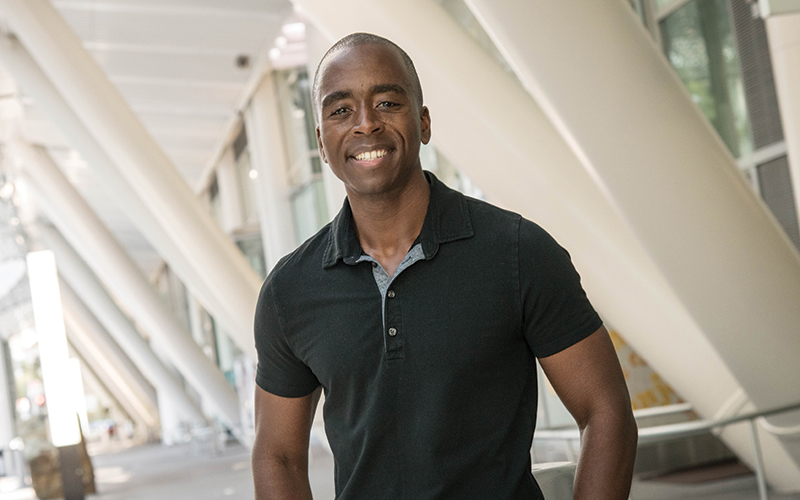
Title: Manager
Employer: Bain & Co.
Based in: San Francisco
As a freshman at WashU, Joshua Lykes considered a career in engineering, but also was interested in careers outside of engineering, including law. Lykes, who graduated in 2009 with a degree in chemical engineering, did an internship at Anheuser-Busch before deciding to pursue a different career path than chemical engineering. Lykes, who is now a manager for Bain & Co. in San Francisco, made the jump to consulting, in part because of the opportunity to work on a variety of projects.
Kara Donato graduated from WashU in 2013 with degrees in systems science and engineering and a business degree in operations and supply chain management. She is a senior consultant with Deloitte Digital in Chicago, working on customer-facing, user-experience design of digital products.
“The environment at WashU for me was so reflective of consulting — a place that was very collaborative, very user-focused.”
— Kara Donado
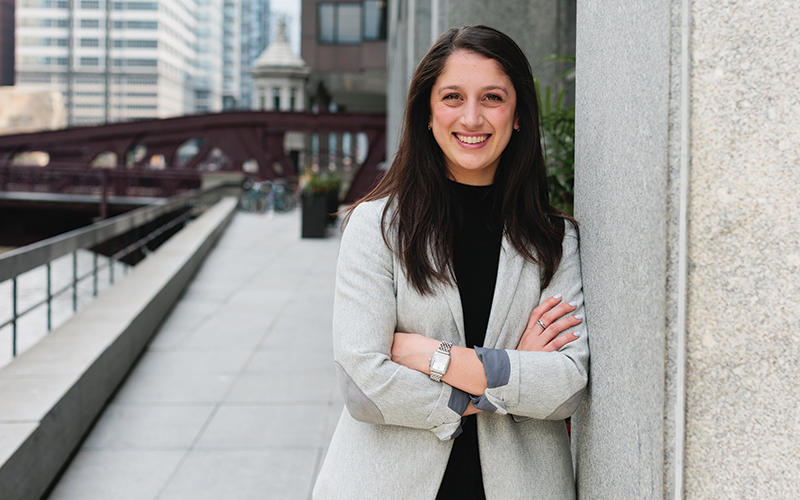
Title: Senior Consultant
Employer: Deloitte Digital
Based in: Chicago
